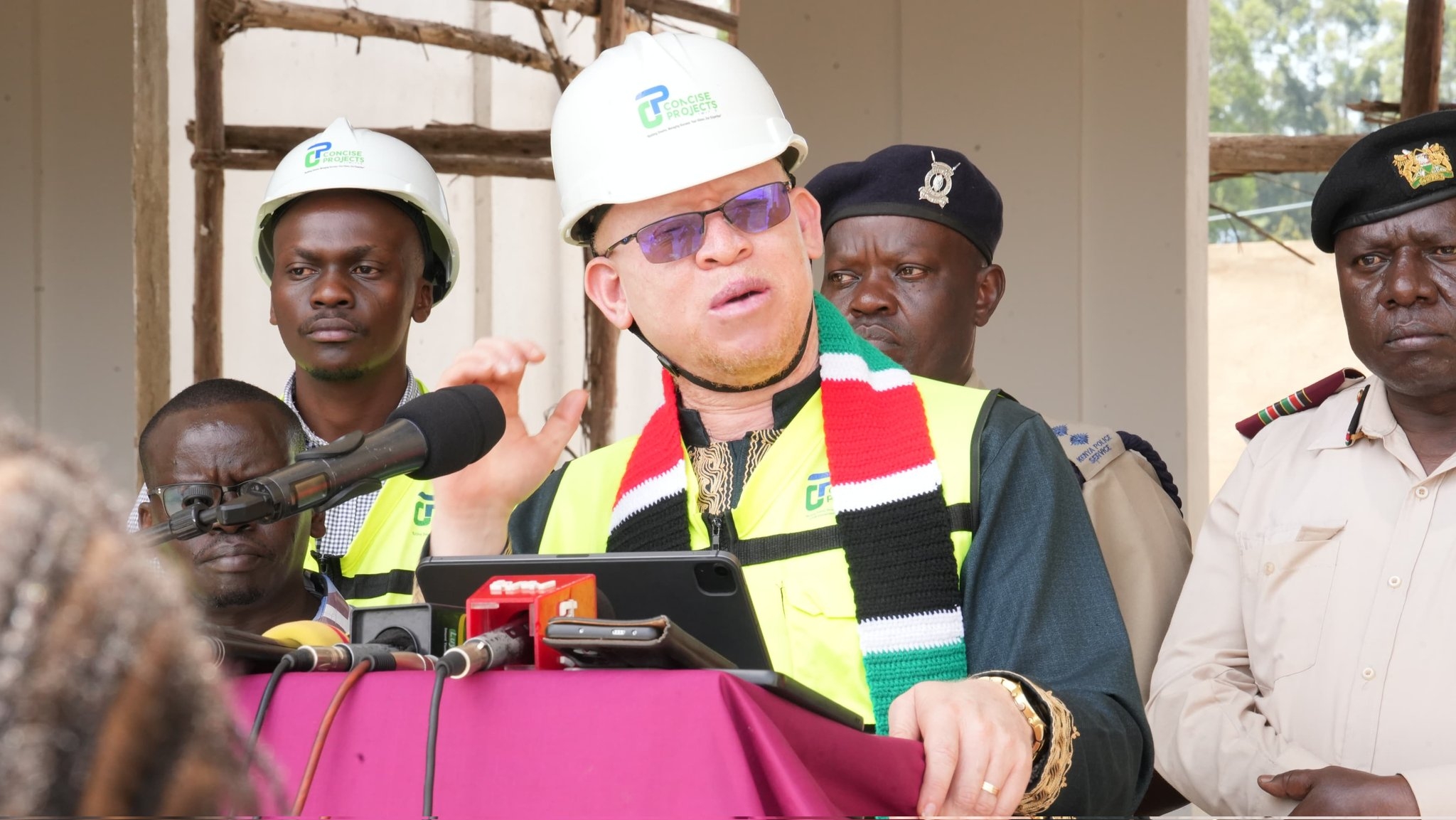Masinde Muliro University of Science and Technology has received funding from the Bio-Innovate Africa to develop a treatment for jiggers.
University Vice Chancellor Prof Solomon Shibairo said the US $1 million project aims to upscale innovative bio-rational products for controlling jiggers (tungiasis) in East Africa.
He said the university was working in partnership with the A to Z Group of Companies, Arusha, Tanzania; Gulu University, Uganda, and KALRO, Kenya.
“Additionally, we've undertaken the commercialisation of a topical treatment for Tungiasis, funded by the National Research Fund in Kenya, amounting to another US $1 million,” he said.
“These endeavours showcase our commitment to address health challenges through cutting-edge research,” he added.
The university received patents for the tropical jiggers treatment.
Speaking during the university’s 20th graduation, Shibairo said the institution has secured research grants totalling over Sh889 million through strategic collaborations for various programmes.
He said the money includes US $4.25 million from Malteser International for the construction of a modern high fidelity simulated laboratory.
“This cutting-edge facility will significantly enhance our research capabilities,” the VC said.
He said the university has also secured US $1.17 million through successful participation in the European Commission Erasmus Plus mobility programme.
The initiative facilitates staff and student exchanges between the institution and European countries, fostering international partnerships and enriching the academic experience for all involved.
Shibairo said the university continues to face significant infrastructural challenges, particularly with inadequate equipment in engineering, health, and natural sciences.
He said the current laboratory that was initially designed for 10,000 students, now serves over 24,000 students, adding that student accommodation is a pressing concern, with only 2,500 students accommodated on campus, leaving over 90 per cent in areas with poor security and living standards.
“Urgent action is needed to boost on-campus accommodation for 10,000 students. We invite donors and investors to collaborate with us in overcoming these challenges and ensuring a conducive learning environment,” he said.
He said inadequate playing fields and ICT infrastructure further compounds the situation.
He said the university is eagerly waiting for the accreditation of approximately 15 new market-driven programmes by the Commission for University Education.
“This strategic initiative is a testament to our commitment to staying at the forefront of educational innovation, and meeting the dynamic demands of the evolving economy. By expanding our curriculum, we aim to provide students with diverse and relevant courses that not only align with market needs, but also empower them to excel in an ever-changing professional landscape,” he said.
















